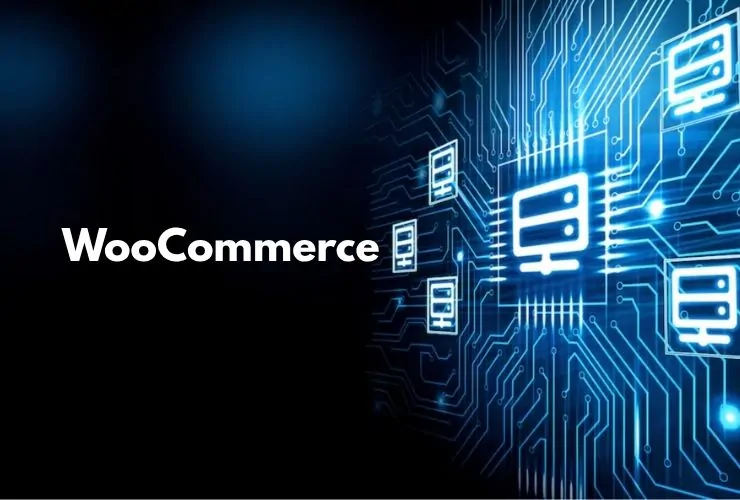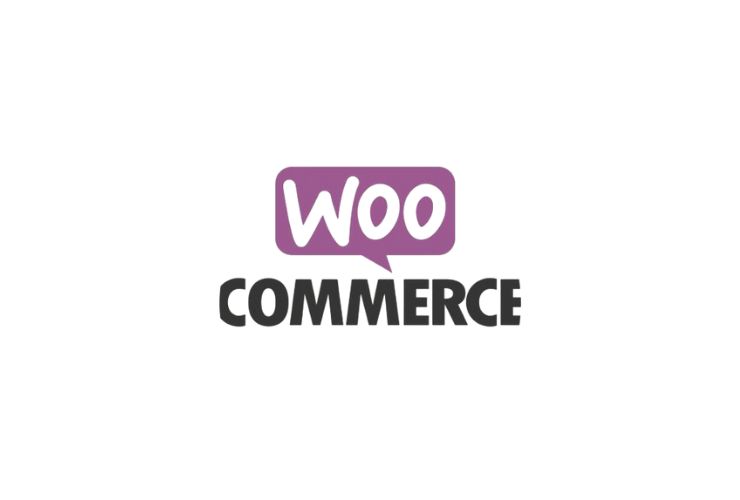With rising competition from other eCommerce channels, WooCommerce store owners are now turning to artificial intelligence (AI) to help them gain that distinct competitive advantage. Whether it’s making smarter product recommendations, optimizing inventory, or analyzing data, AI is changing the way stores engage customers, streamline operations, and create efficiency. As a WooCommerce store owner, there is no excuse not to embrace AI-powered solutions for growth.
1. Personalized Product Recommendations
AI leverages customer behavior, browsing patterns, and purchase trends to provide personalized product recommendations. Instead of suggesting “similar items” based on some arguably contrived measure of similarity, AI systems surface tailored recommendations based on customer activities to maximize conversions and average order value. Many stores have even reported an increase of 20-30% in revenue from customers interacting with personalized product suggestions.
2. Better Search and Navigation
An industry-leading site search can vastly improve the user experience. AI-centric search and navigation tools can tackle things such as typographical errors, synonyms, and user intent, quickly delivering accurate results from ambiguous search terms. Many smart search experiences will also evolve over time based on usage patterns, changing how search is delivered and retrieving information that is updated frequently, as well as learning and improving search relevancy by various trending items. In general, the search and navigation experience will improve and allow users to locate products easier and with less frustration. The search and navigation experience will likely improve which makes it easier to locate product and have a better experience overall.
3. AI-Enabled Chatbots and Virtual Assistants
Intelligent chatbots allow for 24/7 customer support—fielding questions, helping customers figure out the right products, and even processing orders at checkout. They route repetitive questions away from human agents, cut down on support response times, and reduce cart abandonment. Over time, the chatbots learn from all of the interactions that they process, improving how accurately they assist with issues and allowing them to provide more helpful answers over time.
4. Intelligent Inventory and Demand Forecasting
Artificial Intelligence is capable of examining historical data, seasonal trends and aspects that cannot be measured like holidays and other events to help e-commerce companies predict product demand. Using predictive demand tools minimizes the potential for inventory-related catastrophes—like overstock and stockouts. This would allow store owners to eliminate storage costs by knowing they will have enough products to meet customer demand in a timely manner, and avoid cash flow problems.
5. Proactive Fraud Detection
Artificial Intelligence improves transaction security by learning normal customer behavior. It spots unusual billing addresses, shipping patterns, or payment locations. This early warning system helps prevent fraud. It protects businesses financially and keeps customers safe from attacks—all while maintaining a smooth user experience.
6. Smarter Email and SMS Marketing
AI marketing platforms can segment your audience based on past actions and preferences. They automatically send the most ideal campaigns at the ideal time with ideal messaging for each customer. Personalization increases your open rate, click through rate, and total return on investment when promoting products on WooCommerce.
7. Data-Based Pricing/Discount Ammendations
AI can adjust real time pricing based on competitor prices, peak seasonal demands, or current inventory levels. Pricing can dynamically be adjusted per store in real time. Bundle discount offers can also be adjusted based on what customers combine in a purchase/cart.
Tips for Implementation for WooCommerce Store Owners
Go Slow: Start with just one tool for AI that provides immediate value for the store – personalized recommendations or smart search.
- Choose Reliable Vendors: For AI plugins or services, professionalism and quality are a must. Consider selecting vendors that have 5 star reviews, have live demos, and have have established proven history with WooCommerce.
- Track Metrics: Do the lift with benchmarking key KPIs like conversion rate, average order value, and cart abandonment for a total before and after comparison.
- Adjust: An artificial intelligence system learns faster with data, so think of changing back to default settings, refreshing training data, and changing recommendations too.
- Use AI Effectively: AI is perfect for the boring, mundane tasks, but ensure at least some team members are iquitable to handle the greater complexities, or you’re fighting an uphill battle.
Real-World Examples
- A clothing boutique rolled out an AI-based product recommendation engine, increasing AOV by 25% in just two months.
- A small electronics store with a limited product range introduced smart search, achieving an 18% increase in conversion rates simply because shoppers found products far quicker.
- A health supplement eCommerce store ran AI marketing automation campaigns and experienced a 40% uplift in email-driven sales over a six-month period.
Final Thoughts
AI is not a form of science fiction—it is very real and available to WooCommerce store owners today.
AI tools can improve both the front-end experience for customers and the back-end operations for store owners. Shoppers now expect smart, seamless technology on their path to checkout. Store owners also want more efficient workflows—without losing the personal touch.
AI is evolving quickly. Those who adopt early will gain lasting advantages in speed, personalization, and revenue.
If you stay ahead of the curve and choose the right tools, your WooCommerce store won’t just compete—it will lead.












